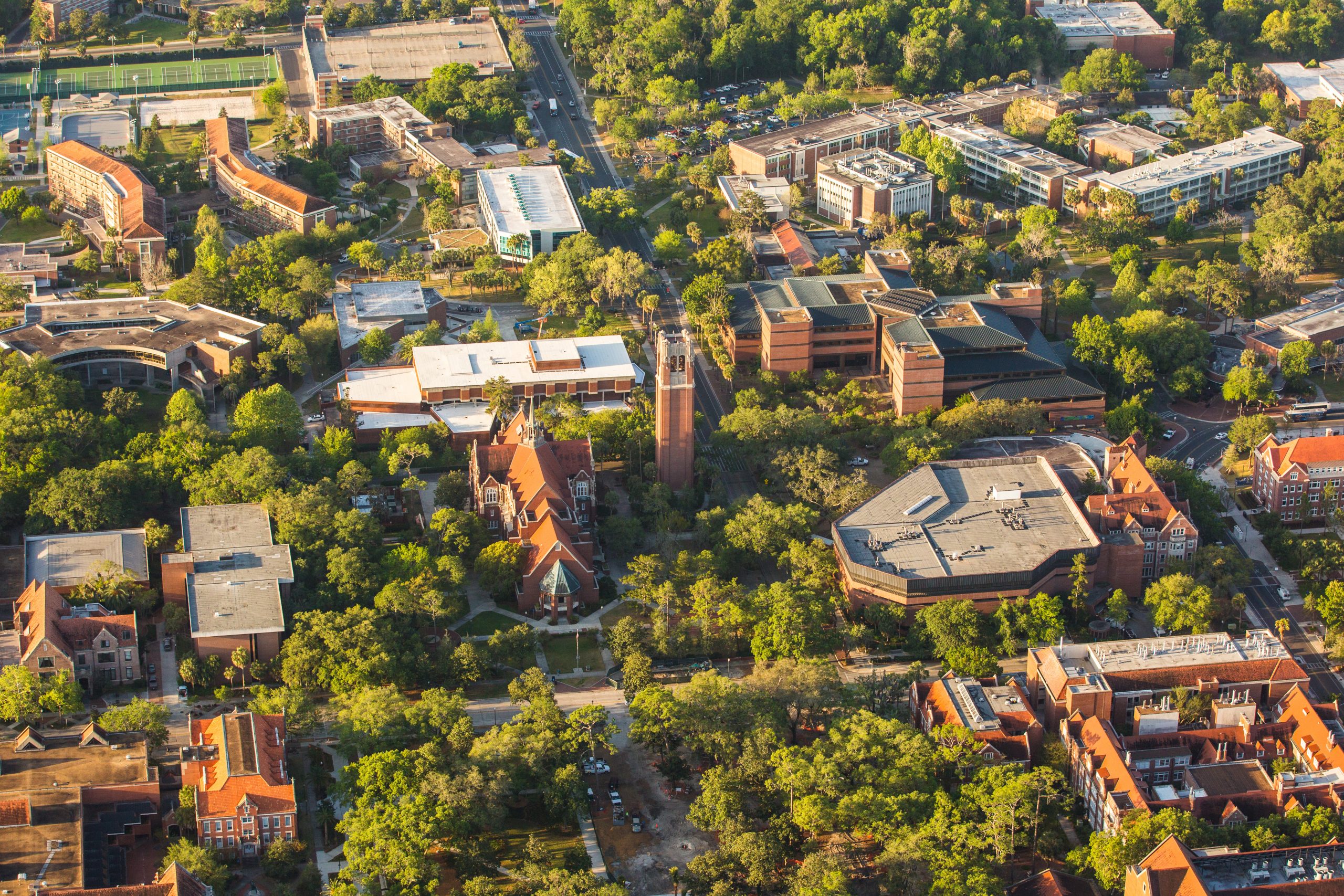
Minors and Visitors in the Lab
MINORS IN THE LAB
Always consult with UF’s Youth Compliance Services prior to engaging minors in any University activities.
Minors who are not enrolled at UF must meet the criteria outlined below to shadow or work in University of Florida research spaces including laboratories, greenhouses, clinics, or animal facilities. Minors are prohibited from operating farm machinery or state vehicles and from working in machine shops. The minor registration process is required for minors actively working or conducting research in a University of Florida research space. It is not required for short, guided tours of UF laboratories.
PROHIBITED ACTIVITIES:
- Any laboratory or facility designated as BSL-3, ABSL-3, or higher for recombinant or infectious organisms.
- Any laboratory or facility where select agents are used or stored.
- Any area where gamma radiation is used.
- Minors are prohibited from working with Acute Toxins of biological origin.
- Minors are prohibited from operating farm machinery or state vehicles.
Approval Process:
- Sponsors, minors, and parents/guardians must read the EH&S Policy titled Minors In Research Laboratories, Clinic Areas Or Animal Facilities prior to submitting a minors registration form.
- The sponsoring PI or supervisor must be up to date on all EH&S safety training as identified in LATCH. Additionally, the laboratory space must have been inspected by EH&S within the last year and corrective actions must be properly addressed. Non-compliance with these items can result in delay of approval or denial.
- Submit a Minors Registration Form to EH&S. Included in this form is the Potential Hazards Information sheet which requires a parental /guardian signature indicating he/she has read of potential risks.
- EH&S will review the form and contact the PI/Supervisor for questions if needed. Once approved, EH&S will issue an approval letter. The minor must not start work until the approval letter has been issued.
- If the minor will be working with or observing work with animals, animal contact clearance must be obtained from the minor’s personal healthcare provider. A separate form for animal contact clearance will be provided by EH&S during the review process if applicable.
Post Approval Requirements:
- The PI, mentor or qualified designee must provide hazard-specific safety training to the minor.
- Personal protective equipment, specific to the hazard, is required with instructions for use and disposal.
- The minor is supervised following UF’s Youth Compliance Services supervision requirements while in the facility. Always contact UF’s Youth Compliance Office prior to hosting a minor.
- Hours of work comply with Federal Regulation 29 CFR 570.35.
- The laboratory/facility is in full compliance with all applicable University of Florida safety programs and regulations.
VISITORS IN THE LAB
Visitations to laboratories must be under the direct supervision of a qualified faculty or staff member, part of a formally organized guided tour, or supervised educational program. The organizational unit chair/director, shop supervisor, or laboratory principal investigator bears primary responsibility for ensuring that visitors under their direct supervision are aware of the requirements and adhere to this policy.
Visits must be limited to less than two weeks in a six-month period. A visitor is defined as:
- Persons who are neither paid, regular members of UF faculty nor other full-time or part-time employees of UF, for instance, faculty visitors from other universities and research institutions, adjuncts;
- Visitors from business organizations and governmental entities;
- Temporary trainees.
Requirements for receiving/hosting a visitor in a research space include:
- Visitors must be always escorted by a qualified UF employee who has taken all required EH&S training.
- The host must provide a brief safety training covering hazards, control measures, rules, and expectations. This training shall be documented a kept in the hosts records for a minimum of 3 years.
- Visitors must adhere to appropriate attire, personal protective equipment requirements and follow all UF safety rules and regulations.
- If actively working or conducting experiments, visitors must sign the PARTICIPANT CONSENT, RELEASE AND WAIVER OF LIABILITY. Waiver forms should be kept by the hosting faculty, unit or department for a minimum of 3 years.
Volunteers in the Lab
For more information regarding volunteers please visit: Volunteers – Regulation and Policy Hub. Once onboarded, volunteers must meet the same expectations as a UF employee while working in a lab.
